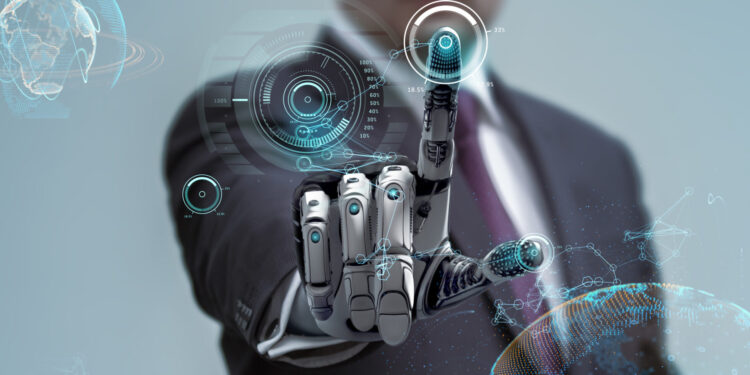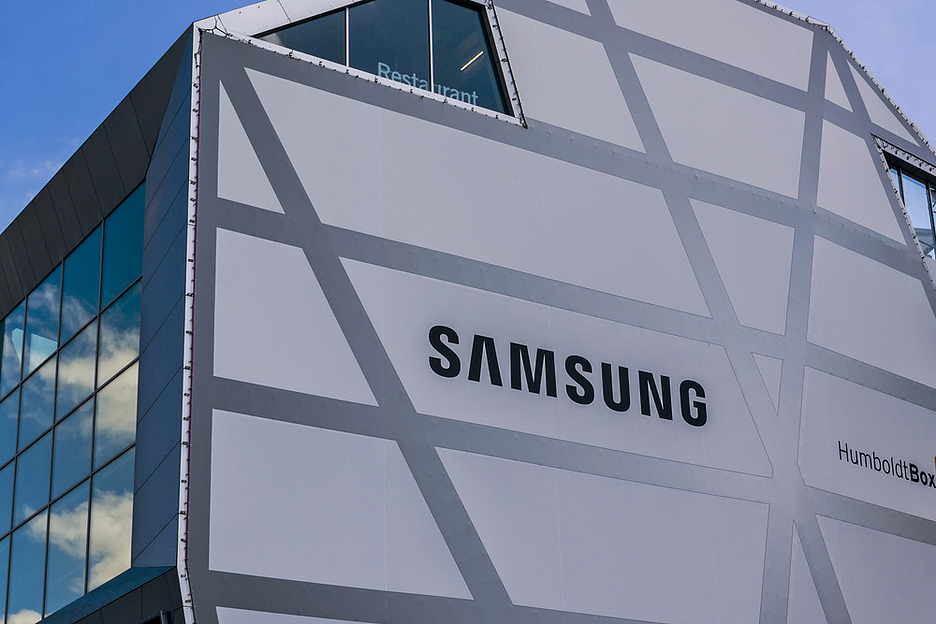The growth of artificial intelligence is beginning to threaten the survival of some jobs. Recently, a Japanese insurance company has decided to replace 34 workers with an IBM system. Forecasts indicate that by 2025 a computer will already have the computing capacity of a human brain.
We could think that the artificial intelligence we know from literary works such as” I, Robot “by Isaac Asimov, and countless films that include from” 2001: An Odyssey in space “to the recent” Her”, is an exclusive subject of science fiction. However, this issue is increasingly present in today’s world in the form of autonomous cars, factory robots and personal assistants. Due to the constant development of technology, these systems gradually add skills and begin to threaten the survival of some jobs.
Now, a Japanese insurance company, Fukoku Mutual Life Insurance, has decided replace 34 workers of human insurance claims by the “IBM Watson Explorer”technology. According to the company’s statement, this tool will analyze hospital records, factoring injuries, patient medical records, administered procedures, and other documents to determine insurance payments. Automating these research and data collection tasks will help the rest of the staff to energize your work.
To do this, Fukoku Mutual will invest $ 1.7 million on system installation and pay $ 128,000 annual maintenance. The company estimates that replacing employees with IBM software will save $ 1.1 million a year, which means payback in less than two yearss. This artificial intelligence network is also expected to improve company productivity by 30%. The Japanese firm’s decision comes after it has previously established a similar IBM technology that analyzes customer complaints. In this case, the system converts consumer words into text and determines whether they are terms positive or negative. Likewise, three other Japanese companies in the sector are testing and implementing these technologies to automate work as the search for ideal insurance plans for people.
The impact of AI on jobs
These types of applications are already being used by different customer service companies in the United States and also allow us to decipher the moments in which users are frustrated with such systems. These are examples of how technological developments are on track to surpass knowledge-based professions such as insurance and financial services.
However, according to the Harward Business Review, this circumstance does not mean that artificial intelligence will increase the productivity of workers or that it will replace them completely. “Almost all jobs have major elements that, for the foreseeable future, computers will not be able to dominatewrites HBR. “However, we have to admit that some knowledge works they’ll just succumb the rise of robots.”
Principles of artificial intelligence
The debate that arises as a result of these forecasts raises whether the day will come when technology surpasses the human being. Moore’s Law of 1965 explains that approximately the number of transistors doubles every two years in a microprocessor, which means the exponential growth of computing capacity. This principle leads more than 50 years in force and explains the constant technological evolution that we are witnessing, although Gordon E. Moore, creator of this principle, believes that this development it will start to slow down between 2017 and 2022. On the other hand, the Law of Accelerated Returns is a generalization of Moore’s theory applied to all technologies. According to its principles, whenever a technology meets a barrier, another creation will come to overcome the obstacle.
When Singularity reaches us
Ray Kurzweil, Google engineer and authority on the Law of Performance, argues that the acceleration of technologies will mean that artificial intelligence ends up surpassing human, so that by 2025 a computer already has the ability of a brain to calculate and by 2045 we enter the so-called era of Technological Uniqueness. In terms of mechanics, singularity is the configuration of a machine from which its behavior is unpredictable. The theory holds that when the time comes when robots are smarter than humans, they will be able to develop even more advanced technologies, which will lead to an explosion of intelligence beyond human control and capability.
Given this circumstance, institutions such as the Singularity University, sponsored by Google and Nasa and located in Silicon Valley, is preparing for the hypertechnology era. Kurzweil leads this body whose job is to train leaders to apply exponential technologies for the benefit of humanity from the economic and business environment. At the moment the institution has about 50 sub-sites in the world dedicated to spreading these ideas.
The present suggests that forecasts about the future of artificial intelligence are not far off. Their presence in everyday life is increasing and at the same time, the growth of these technologies resembles exponential. We are still a long way from being cornered in a machine-controlled society, but apparently the day may come when science fiction becomes a reality.









